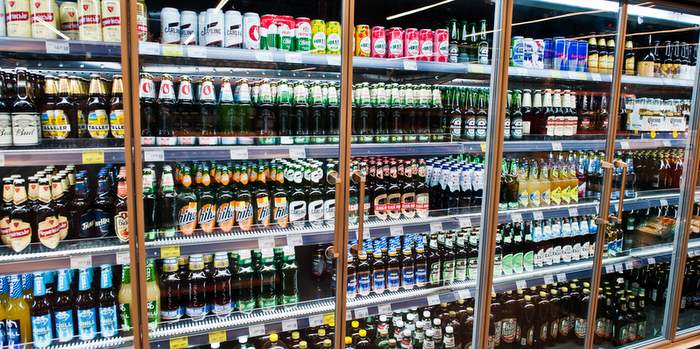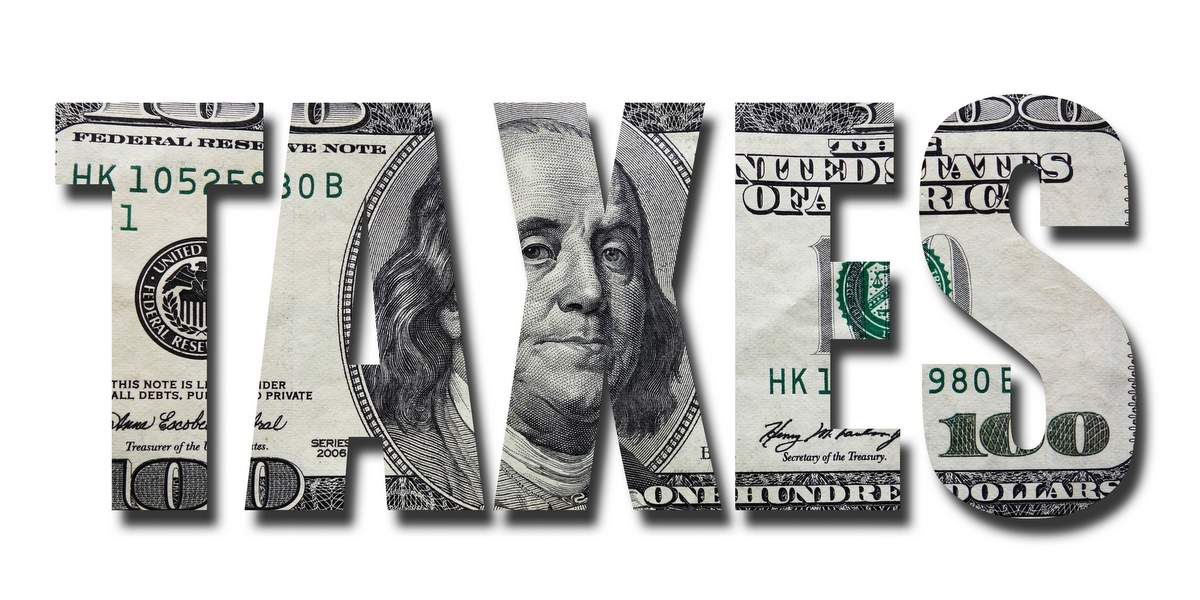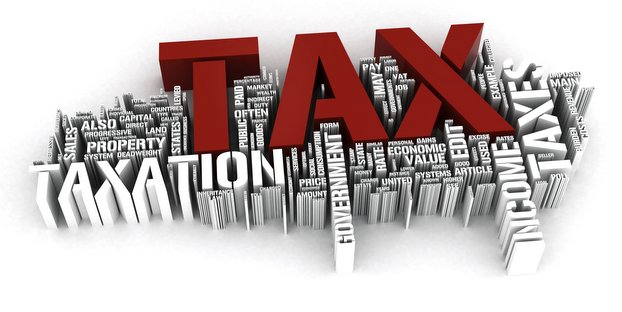
The awesome article was sent our way from the great CPAs at Concannon Miller.
Beer brewing requires a significant investment in equipment and supplies, but there are some great tax benefits brewers can receive for some of these purchases. There are other tax advantages just for manufacturing products — including beer! — in the United States and for selling your products in multiple states. Growing your sales beyond your state border could save you money, which is a real win-win for both business growth and cash flow.
Here are five handy tax tips to increase cash flow:
1. Section 179 Depreciation for Equipment Purchases
You may be able to immediately write-off in the year of acquisition up to $500,000 of the cost of equipment purchases. This tax benefit has expired at times in recent years, but Congress in December made it permanent, which allows for greater tax planning.
2. Bonus Depreciation for Equipment Purchases (while there is still time!)
This is for new equipment only (Section 179 can be for new or used), but it can add up to big savings. Bonus Depreciation allows you to write-off 50 percent of the asset cost in the first year, and then you can depreciate the other 50 percent over seven years. In 2018, the first year write-off amount will drop to 40 percent and then to 30 percent in 2019, after which the benefit expires if Congress doesn’t again extend it.
An extra tip: If you’re a new brewer, you may not want to take the Section 179 or Bonus Depreciation if you anticipate your income increasing over the next seven years.
RELATED: Tax tips for brewery owners – Updated!
3. R&E Tax Credit
The Research and Experimentation Tax Credit is a very good tax incentive, especially for startups. The end result doesn’t even have to produce a new product (though who doesn’t love to try a new beer?), but you may get a tax credit for qualified expenses, including wages for qualified services, supplies used in R&E activities and up to 65 percent of contract services. A study must be conducted for R&E Tax Credits, so there should be a tax/benefit analysis to determine if the tax savings will exceed the cost of the study. Like the Section 179 Depreciation, this benefit was recently made permanent, allowing for greater tax planning. If you’re a Pennsylvania-based brewer, the state also offers R&E Tax Credits in addition to the federal benefit.
An extra tip: This is great for new companies — you can carry over the R&E Tax Credit if you don’t have income in that year.
4. Domestic Production Activities Deduction (DPAD)
Made in the U.S.A. is a great mantra, and for brewers it’s an easy one — where else are you going to brew your beer? Well, did you know you may get a tax deduction just for producing products in the United States? The Domestic Production Activities Deduction allows businesses to take deductions on the production of property you manufacture, produce, grow or extract in whole or in significant part in the United States. The deduction is calculated on 9 percent of qualified production income, but that amount cannot be more than 50 percent of W-2 wages. A typical example is on $100,000 of qualified net income, your company could get a $9,000 deduction.
RELATED: A primer on bonds, taxes and popular markets for new craft breweries
5. Corporate Net Income Tax Nexus
If you’re a C Corporation and your state has high corporate net income tax, you could see some significant tax savings by expanding your sales into other states. Your blended tax rate may be lower. Every state’s nexus rules are different, but most allocate on three criteria: sales, payroll and fixed assets within the state. The more inroads, the greater the chance you may have nexus in the state — having sales representatives, taking orders, signing contracts, storing inventory and renting facilities can all help in qualifying for tax reporting in states. A few states — Ohio and Washington, for example — don’t even have corporate income taxes, but base their tax on gross receipts. If you’re an S Corporation, there also is great variation with state rates. Your tax preparer can help you determine if tax filings would be required in different states.
Denise Hozza, CPA, is a senior manager at Concannon Miller, an accounting firm specializing in tax planning for manufacturers, including breweries. Concannon Miller, which has offices in Bethlehem, Pea., and St. Petersburg, Fla., has been advising brewers on tax strategies for more than 20 years. Hozza has 30 years of tax and accounting experience and can be reached at [email protected]






RT @BeerLawCenter: Five brewery tax tips for increasing cash flow https://t.co/ljC1OsyAD1 @CraftBrewingBiz
Five brewery tax tips for increasing cash flow https://t.co/ljC1OsyAD1 @CraftBrewingBiz
Great advice I wish I wrote: Five brewery tax tips for increasing cash flow https://t.co/4jpjN2UKGc via @craftbrewingbiz
Serge Lubomudrov liked this on Facebook.
Tim Hoke liked this on Facebook.
@txtomt @CraftBrewingBiz @MiddletonBrew Some good stuff here!
Five brewery tax tips for increasing cash flow https://t.co/IWyDdT3O3s via @craftbrewingbiz @MiddletonBrew @CarlR2011
Our Tax Tips for Brewers ran in @CraftBrewingBiz – check it out: https://t.co/uIiwyRbaTz https://t.co/zPfVA6Mv4k
Read @ConcannonCPA’s “5 brewery tax tips for increasing cash flow,” via @CraftBrewingBiz: https://t.co/zvtUqKwcCM https://t.co/9DA08YyLa8
RT @CraftBrewingBiz: MUST READ: Five brewery tax tips for increasing cash flow https://t.co/CUiyCBhBgz via @ConcannonCPA
Five brewery tax tips for increasing cash flow https://t.co/cF136FYQkx via @craftbrewingbiz
#CraftBeer #CraftBrewing #Beer #BeerBiz Five brewery tax tips for increasing cash flow https://t.co/Xn3arpd66H
RT @CraftBrewingBiz: MUST READ: Five brewery tax tips for increasing cash flow https://t.co/CUiyCBhBgz via @ConcannonCPA
Especially DPAD! “@CraftBrewingBiz: MUST READ: Five brewery tax tips for increasing cash flow https://t.co/AqSCBI8Xnu via @ConcannonCPA”